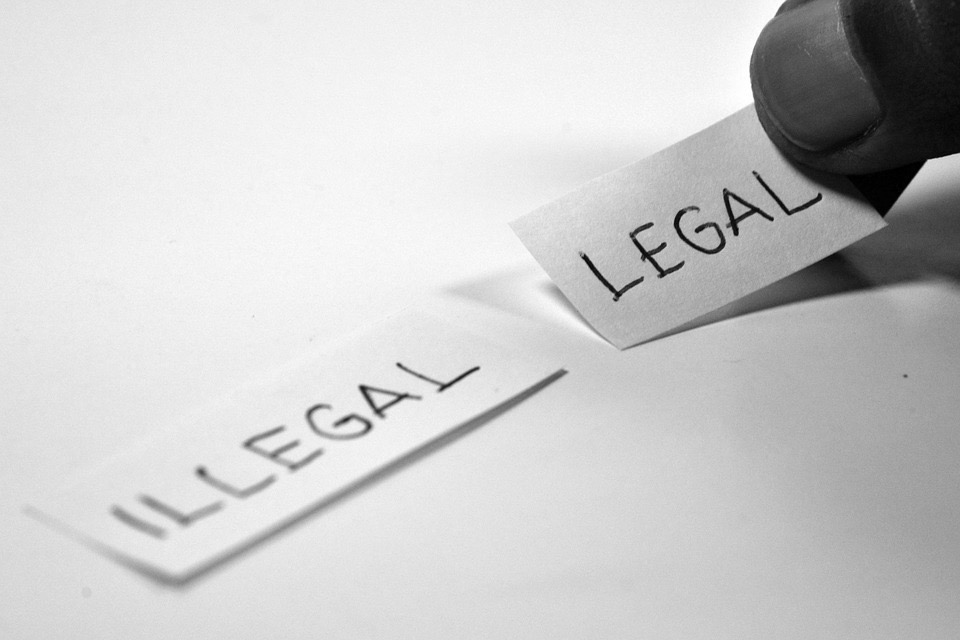In the era of digitization and globalization, you can sign documents online with only one click of your mouse. An electronic signature is easy to use, and it represents one of the biggest opportunities for implementing digital business solutions.
Businesses that use digital approaches are 26% more profitable than their peers. Furthermore, digitally mature companies have 12% higher market evaluations.
In 2000, the US government passed the ESIGN Act (Electronic Signatures in Global and National Commerce) that gives equal value to electronic signatures and handwritten signatures in contracts.
However, 19 years later, there are still misconceptions about the legality of electronic signatures.
This article will help you better understand what makes electronic signatures to be legally binding in the US.
Digital Signatures and the UETA / ESIGN Act
ESIGN is a legal law which mandates that contracts can be electronically signed and executed, binding the signer to the same responsibilities of a hand-signed contract.
ESIGN Act is not the only enforceable e-signature regulation in the US. UETA (Uniform Electronic Transactions Act) grants electronic signatures the same legal status as traditional wet ink signatures in the US likewise. Similarly, ESIGN and UETA oblige individuals to accept all requirements outlined therein.
 Both acts establish that any law with a signature requirement can be satisfied by an electronic signature, allowing electronically executed agreements to be presented as evidence in court.
Both acts establish that any law with a signature requirement can be satisfied by an electronic signature, allowing electronically executed agreements to be presented as evidence in court.
While ESIGN is a federal act, which means it affects people who do business online in all 50 states; UETA has been adopted by 47 states, the District of Columbia, Puerto Rico, and the U.S. Virgin Islands.
What Makes Electronic Signatures Legal in the USA?
For an electronic signature to be legally binding, it must meet the following requirements:
- Intent to sign
First of all, e-signatures are only valid if each party intended to sign. Like traditional signatures, there should be an intent to sign in order for electronic signature to be legally binding. - Consent to do business electronically
Most leading e-signature software companies ask all parties involved in the transaction to confirm their consent to do business electronically before they sign. - Clear signature attribution
An electronic signature is “an electronic sound, symbol or process attached to or logically associated with a record and executed or adopted by a person.” The system used for capturing electronic signatures should be able to attribute the signature to the individual.
DigiSigner captures and stores all actions taken by signers on a document. The audit history can be used to demonstrate the attribution of a signature to a signer. - Record retention
Finally, records created for each transaction must be retained and available for reproductions as long as they accurately reflect the agreement for all parties.

Related: How to Sign General Contract Online
Audit Trail
Each audit trail includes:
- The name and related email address of each signatory
- A history of authentication
- The created digital signatures
- The IP addresses of each signatory
- The document’s chain of custody (i.e., uploaded, sent, viewed, signed, etc.)
- Timestamps for each signature
- Completion status
Who Signed What? Where and When Did They Sign It?
We go above and beyond these regulations providing real estate, human resources, legal, and other small businesses with reliability and security of each electronic signature created, captured, and stored at DigiSigner.
What you get is an improved level of attribution and record integrity including proof of who signed each document, the IP address where the document was signed, and the date that the document was signed, allowing you to have even greater faith in your electronic records.
Sign your documents with electronic signature FREE!

